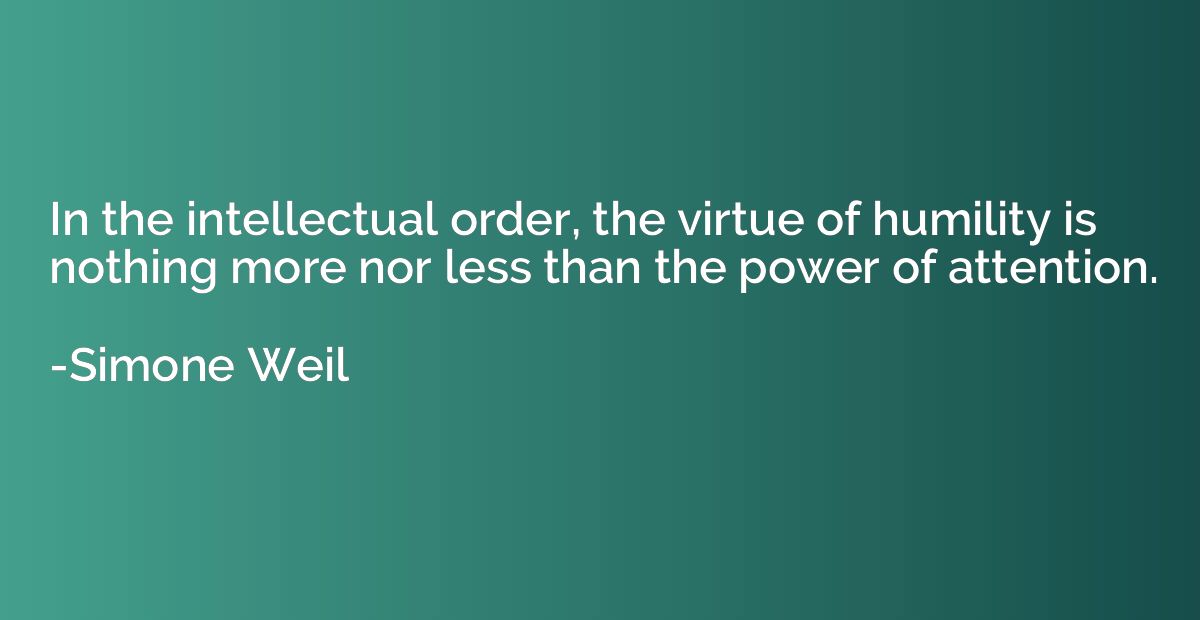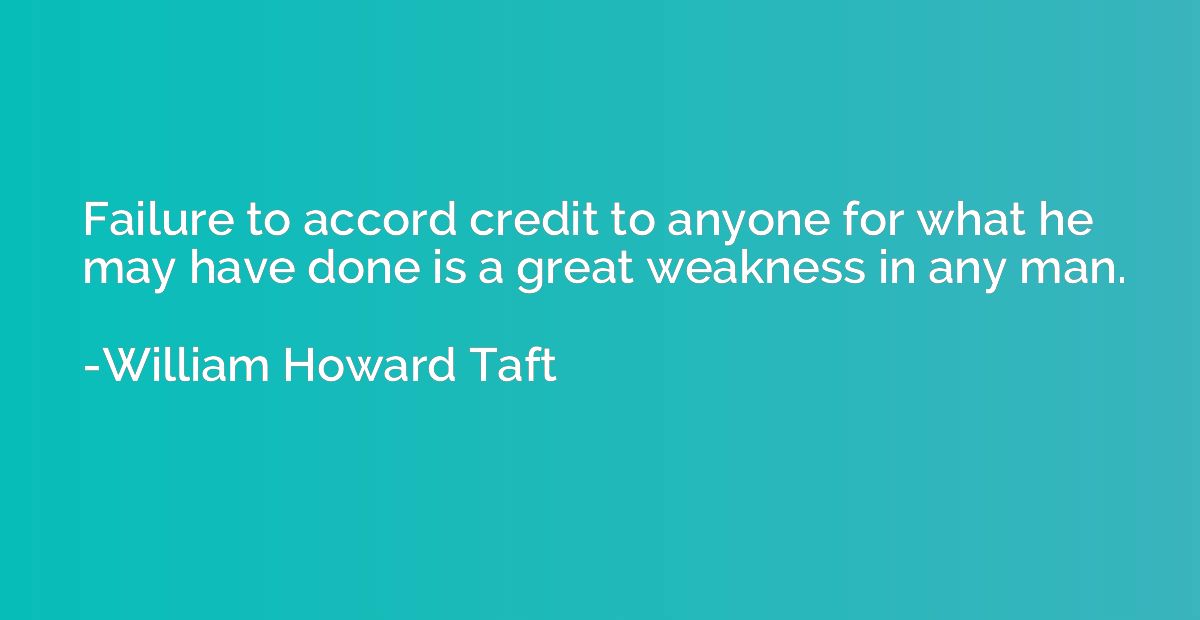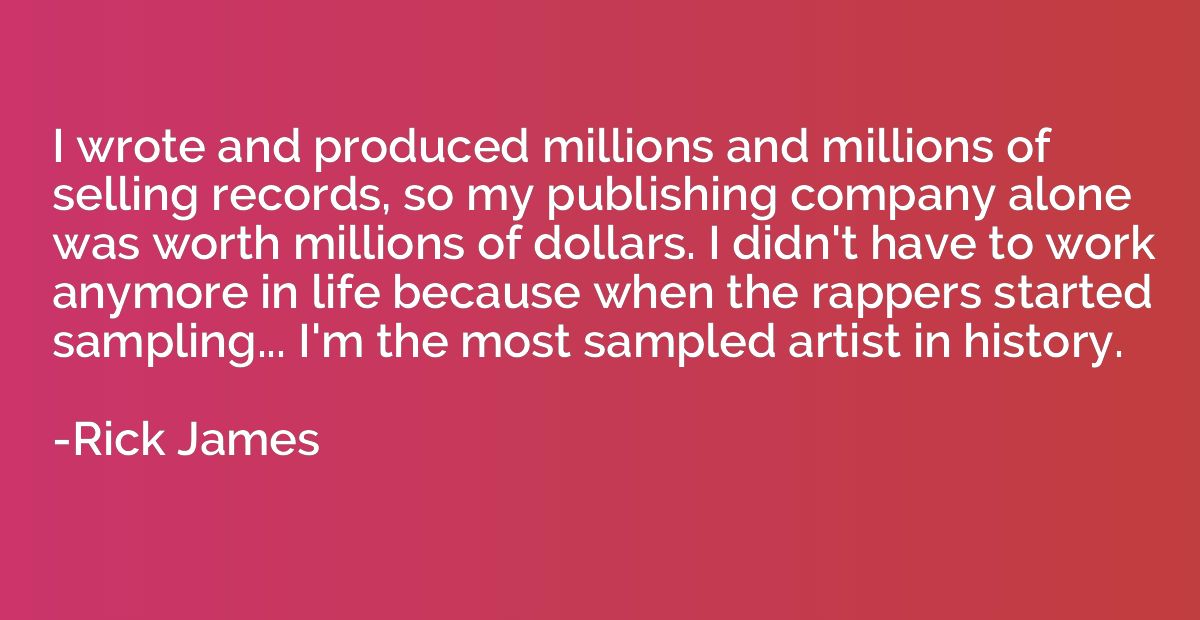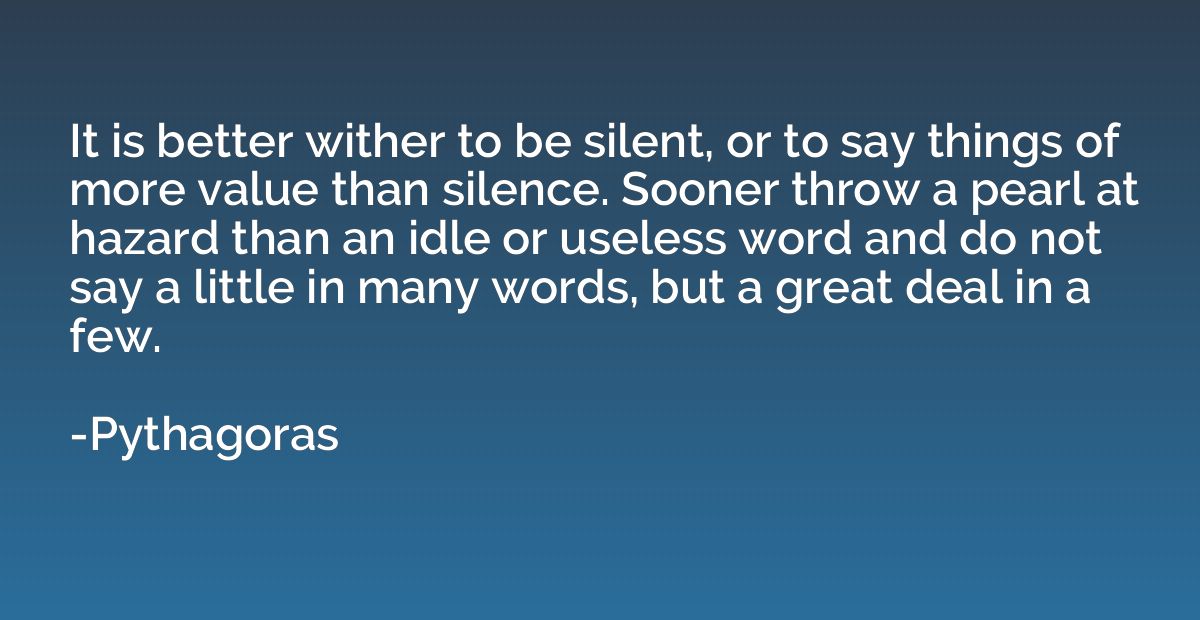Quote by Willie Mays
I was very fortunate to play sports. All the anger in me went out. I had to do what I had to do. If you stay angry all the time, then you really don't have a good life.
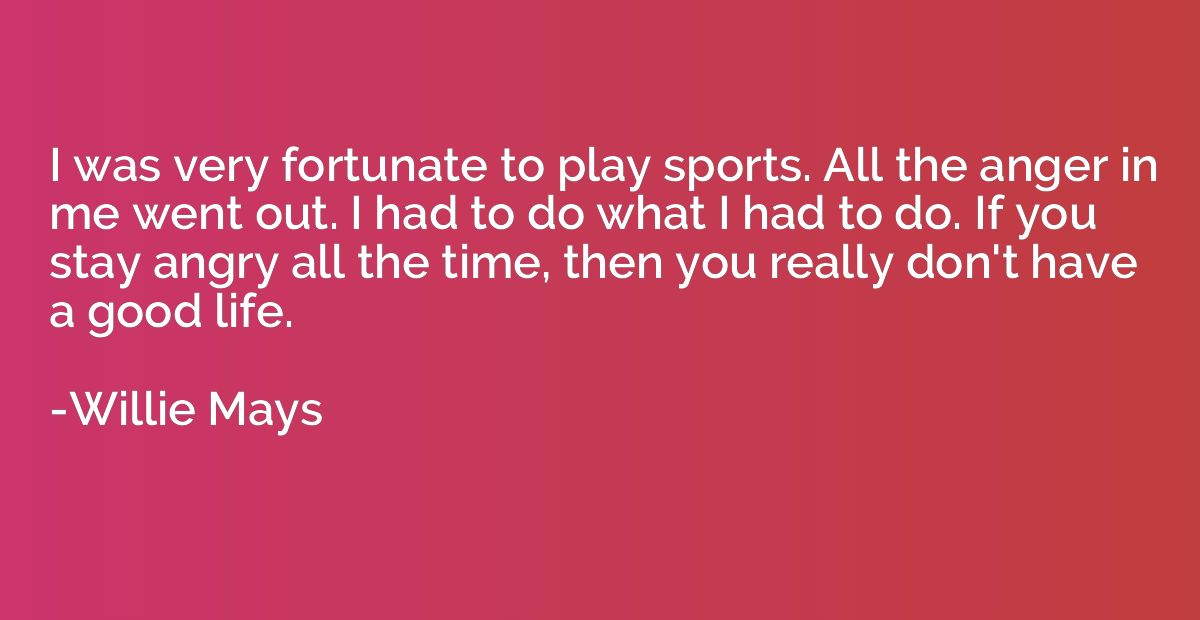
Summary
This quote emphasizes the transformative power of sports. The speaker states that playing sports was a crucial outlet for their anger, allowing them to channel their emotions in a constructive and positive way. By engaging in sports and focusing on their athletic pursuits, they were able to release their anger and potentially find a sense of relief. Furthermore, the quote implies that harboring anger constantly can hinder one's ability to lead a fulfilling life, emphasizing the importance of finding healthy outlets for negative emotions.
Topics
Anger
By Willie Mays




